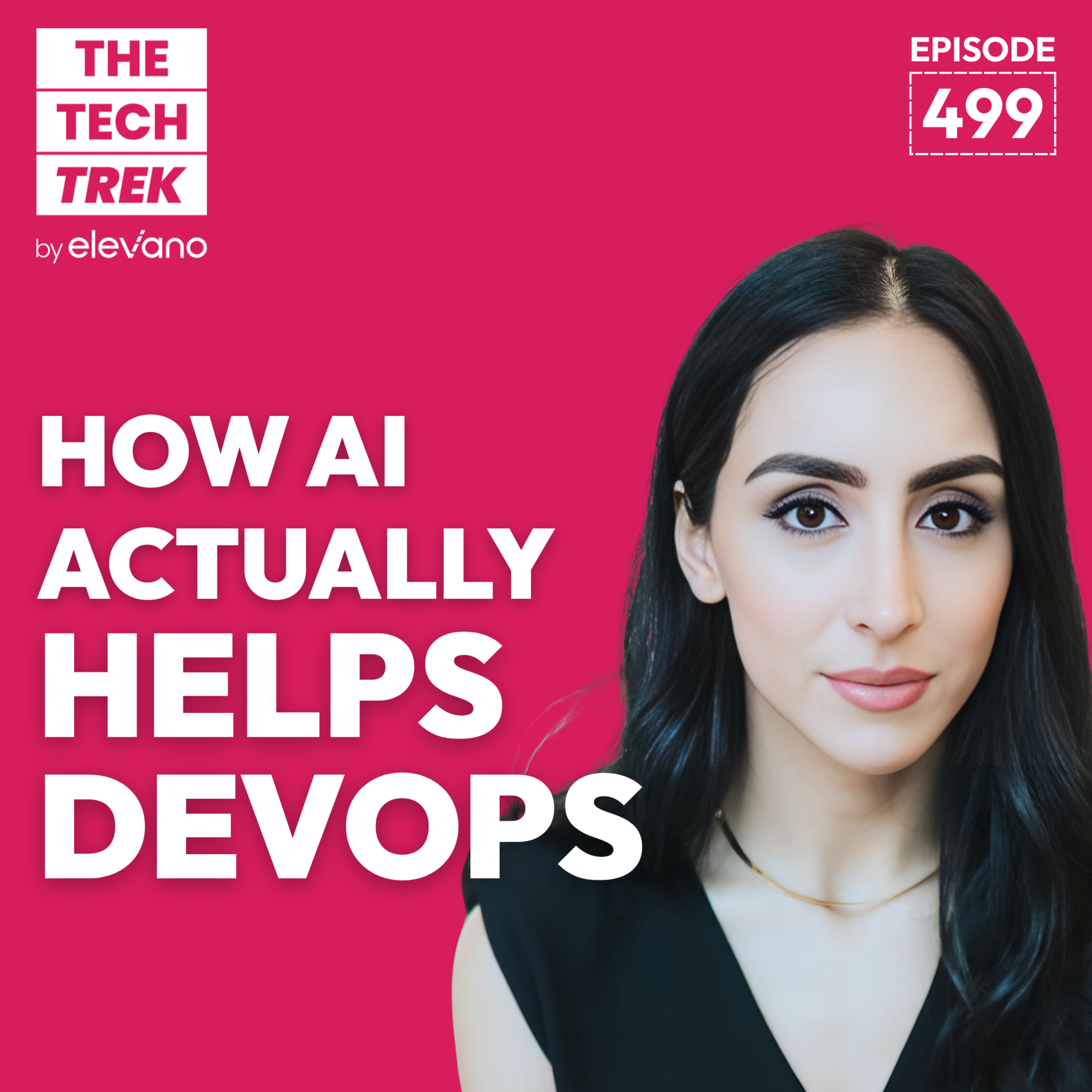Episode Description
What if your infrastructure could predict demand before it happens? In this episode, Nilo Rahmani, CEO and co-founder of Thoras AI, breaks down how predictive scaling is transforming the Kubernetes landscape. With over a decade of experience in site reliability engineering, Nilo shares why the observability market is slower to adopt AI—and why that might finally be changing. If you're navigating the pressures of DevOps or building AI tools for technical teams, this conversation is a must-listen.
Key Takeaways
AI adoption in reliability engineering isn’t about replacing humans—it’s about reducing fire drills and enabling better decision-making.
Predictive scaling using ML can dramatically cut cloud costs and reduce latency—without compromising reliability.
DevOps teams remain cautious with AI due to the high stakes of downtime and the need for human-in-the-loop decision-making.
The best tools won’t just optimize infrastructure—they’ll increase engineer confidence and operational readiness.
Nilo's founder journey started with a thesis and became unstoppable once she “couldn’t unsee the better way.”
Timestamped Highlights
[01:02] What Thoras AI actually does—and how it tackles the double challenge of utilization and cost
[03:12] Why reliability engineering is a high-stakes, thankless job and how AI can change that
[08:54] Can AI fully handle outages at 2 a.m.? Why human-in-the-loop still matters
[13:22] The low-hanging fruit: where ML delivers value fast in infrastructure planning
[17:56] Increasing confidence, not replacing engineers—rethinking developer experience with AI
[24:38] Nilo’s founder story: from SRE to CEO, driven by a problem too obvious to ignore
Quote of the Episode
“I couldn’t unsee that there’s a better way. Using machine learning to make decisions in reliability engineering is the obvious next step.”
Resources Mentioned
Thoras AI: thoras.ai
Connect with Nilo on LinkedIn: linkedin.com/in/nilo-devops
Call to Action
Enjoyed this episode? Share it with someone who lives on-call or is building for DevOps teams. Subscribe on your favorite platform and leave a review—it helps more tech professionals discover the show.
